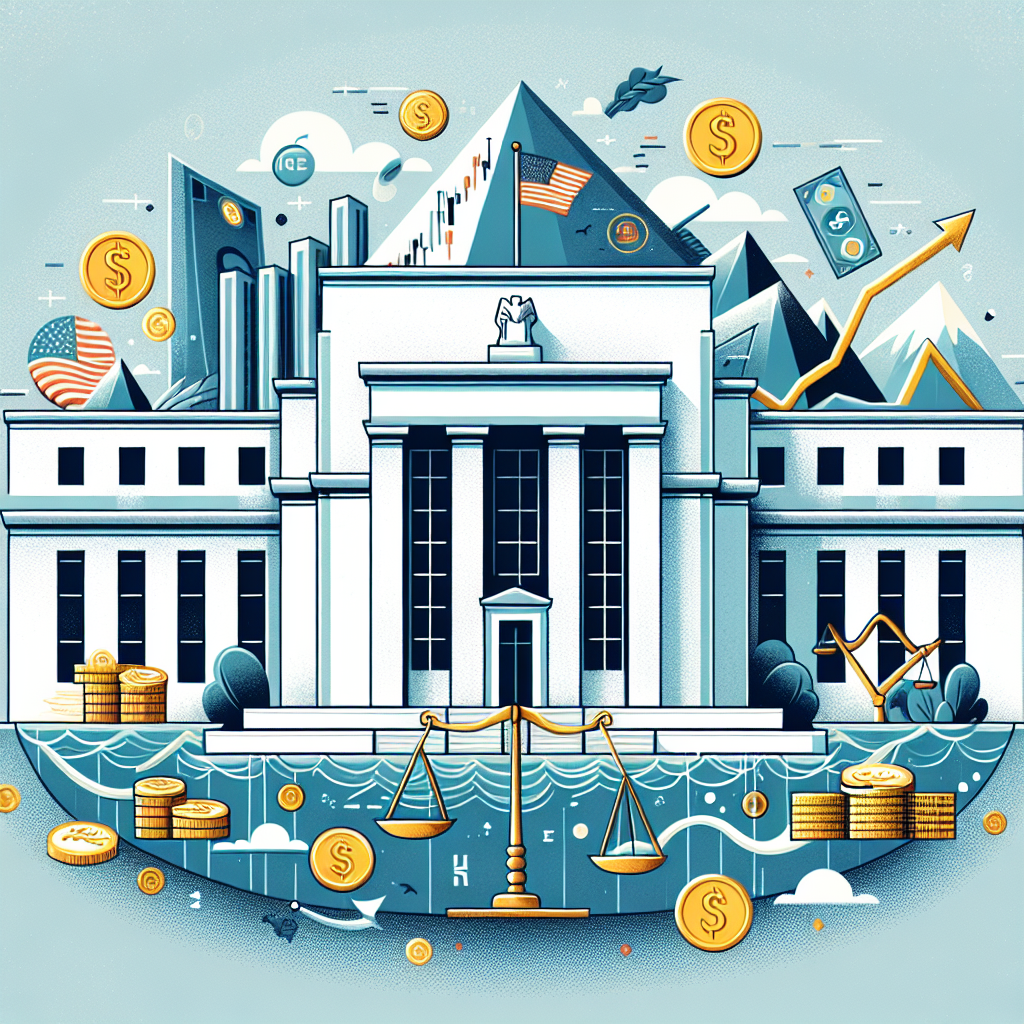Federal Reserve's Rate Dilemma Stirs Recession Fears
The recent volatility in global financial markets stems from concerns that the Federal Reserve might have kept its key interest rate too high for too long, risking a US recession. Economists predict the Fed will soon lower rates to support the economy. Despite pessimistic forecasts, economic growth and hiring have remained stable.

The recent turbulence in global financial markets reflects a sudden anxiety that the Federal Reserve may have maintained its key interest rate too high for an extended period, thus increasing the likelihood of a U.S. recession.
Economists and Wall Street traders now anticipate that the Fed will reduce its benchmark rate faster than previously expected, as it underscores borrowing costs for consumers and businesses. Chair Jerome Powell has often emphasized that the Fed can swiftly cut rates if needed to support the economy.
The recurrent fear of an impending recession has been a constant in the post-pandemic economy, yet it has been unfounded each time. Contrary to many analysts' predictions, the economy has experienced steady growth and a robust hiring pace.
Historically, the U.S. economy would signal when it was nearing a recession, but such indicators have become unreliable since the COVID-19 pandemic disrupted typical business operations.
The latest sign of concern came with the July jobs report from the Department of Labor, which showed a rise in the unemployment rate from 4.1% to 4.3%. Although still low, it marked the highest rate in nearly three years, causing market panic and triggering the Sahm Rule.
The Sahm Rule, named after former Fed economist Claudia Sahm, states that a recession usually begins once the three-month average unemployment rate increases by half a percentage point from its previous annual low. This rule aims to account for how rising unemployment can lead to decreased consumer spending, further harming businesses.
However, Claudia Sahm herself disputes the immediate threat of a recession, noting that current unemployment rates are rising due to a surge in job market entries rather than mass layoffs.
Jay Bryson, chief economist at Wells Fargo, acknowledges the increased risk of recession yet believes the economy will ultimately endure. He points out that no significant shocks, like a spike in oil prices or a housing collapse, have hit the economy.
"The good news here," Bryson said, "is that there haven't been any major shocks hitting the economy. Absent a shock, it's a bit more challenging to get into a recession."
(With inputs from agencies.)
ALSO READ
Dollar Holds Steady Amid Market Volatility: Focus Shifts to Economic Data
Dollar Rebounds Amid Market Volatility and Economic Speculations
Wall Street Braces for Nvidia Earnings Amid AI Market Volatility
Germany's Unemployment Rates See Marginal Increase in August
MP Congress Workers Protest Against Price Rise and Unemployment










